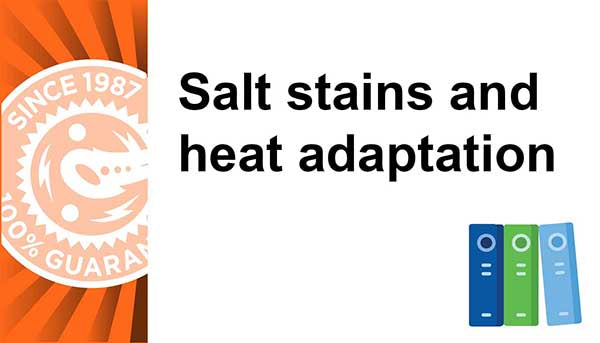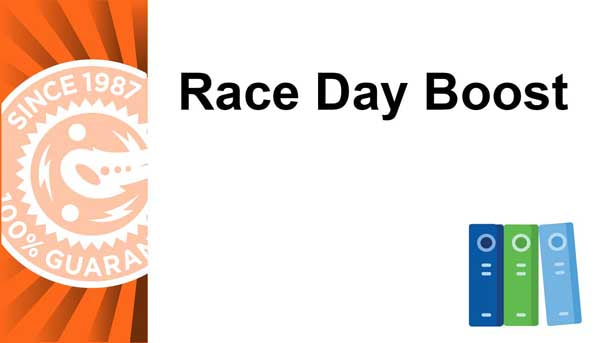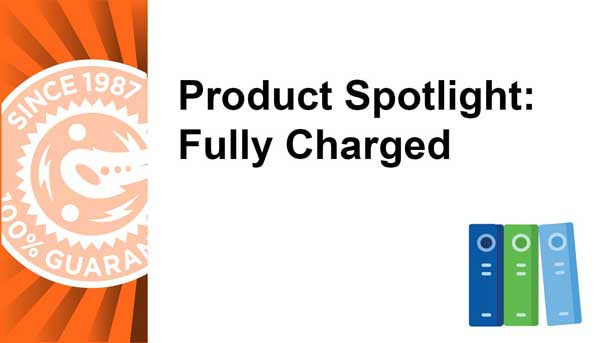
BY STEVE BORN
Though most of us do our best to eat the healthiest diet possible, often—such as when we’re visiting friends or dining in restaurants—we find ourselves in a situation where there’s too much fat in the meal. That’s where the triple-nutrient ChitoLean (pronounced: CHIT-uh-lean) formula is ready to go to work.
CHITOLEAN DOES ALL OF THE FOLLOWING:
- Helps improve body composition
- Supports healthy cholesterol levels
- Powerfully assists fat burning
- Promotes healthy bowel movements
CHITOLEAN CONTAINS THREE INGREDIENTS
Chitosan (pronounced: CHIT-uh-san) is an indigestible fiber, meaning it traverses the GI tract without being absorbed. En route, chitosan—with a powerful assist from vitamin C—effectively binds with fat and blocks its absorption. N-acetyl-L-carnitine (aka “acetyl-L-carnitine”) accompanies the formula to ensure effective fat oxidation (“burning”).
PER 3 CAPSULES:
Chtiosan Complex 1500 mg
N-Acetyl-L Carnitine 250 mg
Vitamin C 100 mg
SUGGESTED DOSE:
Take three capsules shortly after beginning consumption of a high-fat meal. Be sure to drink at least eight ounces of water when using ChitoLean. Consume healthy fats (fish oil), fat-soluble vitamins (A, D, E, K), and medications at least four hours before or after taking ChitoLean.
INGREDIENTS
Chitosan is a fiber composed of chitin, which is a component of the shell of shellfish. The strong positive charge carried by the chitosan molecule causes it to bind with negatively charged substrates such as fat. Chitosan effectively binds with fat in the intestines, blocking absorption. Also, it has been shown to lower blood cholesterol in animals and humans. As a result, dietary supplementation with chitosan may not only assist with weight loss and normalization of cholesterol levels, it may also help inhibit the formation of atherosclerotic plaque (deposits of fat and other substances that accumulate in the lining of the artery wall).
Strictly regarding weight loss, one study involved 150 overweight men and women. One group was given three grams of chitosan daily, while the other was given a placebo. Both groups were provided with the same self-monitored behavior-modification program. After 60 days, the chitosan group lost an average of 2.8 pounds, while the placebo group lost 0.6 pounds. The chitosan group also had greater reductions in fat percentage and fat mass than the placebo group, along with an improvement in body composition.1
N-Acetyl-L-Carnitine is an amino acid and, like all forms of L-carnitine, it is THE nutrient that transports fatty acids into cells for the production of energy. Without adequate supplies of L-carnitine, fatty acids cannot be effectively burned as a fuel source. Exercise depletes carnitine levels, as does the aging process.2
Vitamin C helps activate chitosan in the stomach and intestines into a fat-absorbing gel, increasing the fat-binding effects of chitosan. Research on guinea pigs using either chitosan or a chitosan/vitamin C combination concludes, “Vitamin C increased the fecal fat excretion by chitosan in guinea pigs, thereby reducing body weight gain.”3
REFERENCES:
[1] Kaats GR, Michalek JE, and Preuss HG. Evaluating Efficacy of a Chitosan Product Using a Double-Blinded, Placebo-Controlled Protocol. Journal of the American College of Nutrition. 2006 Oct;25(5):389-94.
[2] Noland RC, Koves TR, Seiler SE, et al. Carnitine Insufficiency Caused by Aging and Overnutrition Compromises Mitochondrial Performance and Metabolic Control. Journal of Biological Chemistry. 2009 Aug 21;284(34):22840-52.
[3] Jun SC, Jung EY, Kang DH, et al. Vitamin C Increases the Fecal Fat Excretion by Chitosan in Guinea Pigs, Thereby Reducing Body Weight Gain. Phytotherapy Research. 2010 Aug;24(8):1234-41.










